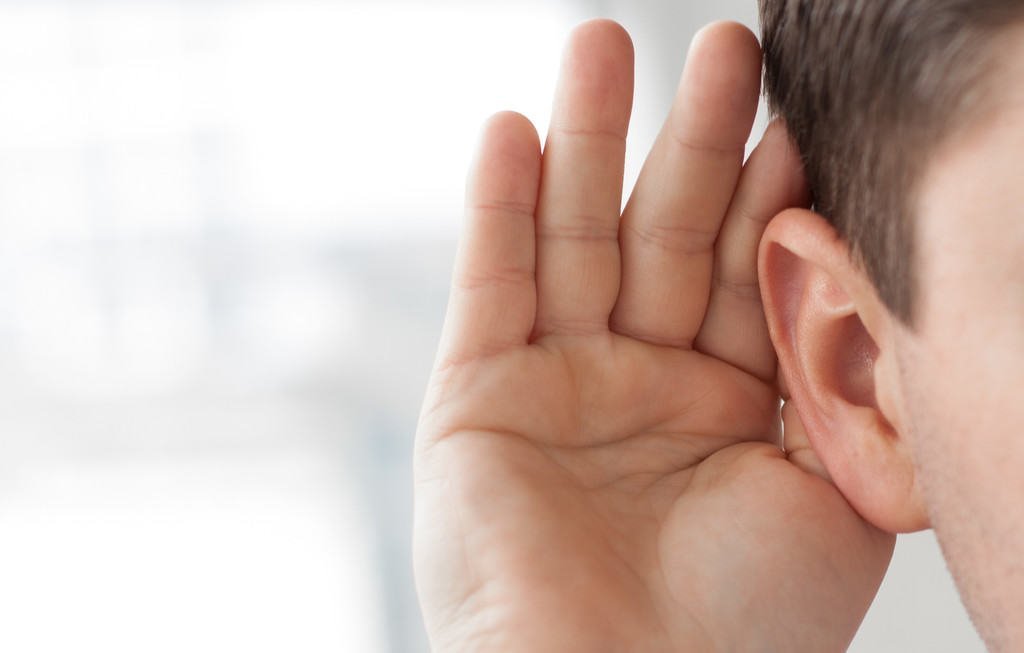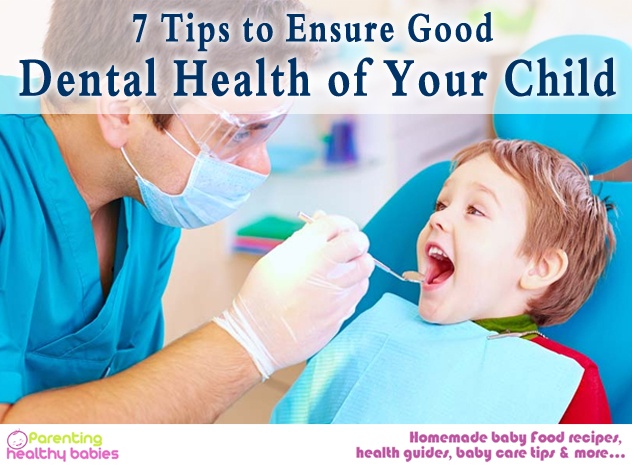People with psoriasis develop red scaly skin patches in different parts of their body. Plaque psoriasis is the most common type of psoriasis in children which appears as red skin patches with whitish-silvery surface. The condition can become worse or even better over the period of time. However, it is always better to seek medical care in case your child suffers from psoriasis. We have listed below some of the common symptoms, causes and treatment of psoriasis for children in this article. Read, to find more:
Read More: 21 Most Effective Essential Oils for Children
A Guide for Psoriasis in Children
Symptoms of psoriasis in children
Depending on the types of psoriasis, each one of it has unique symptoms. Some of the most common symptoms of psoriasis in children are as listed below:
- Red raised skin patches with whitish-silvery covered scales.
- Itching
- Soreness
- Red areas in skin folds
- Burning sensation around the patches
- Dry skin that can also lead to bleeding
There can be different types of psoriasis and each one can have its own symptoms. These are:
Plaque psoriasis
This is the most common type of psoriasis and causes dry red patches and silvery scales. These plaques most often appear on the knees, lower back, elbows and scalp and can even crack and bleed.
Pustular psoriasis
This one leads the skin to become red, swollen and with pus-filled bumps. This usually appears on the palms and fingertips and can sometimes cover large parts of the body. Fever, chills, severe itching and fatigue are also common in this type.
Guttate psoriasis
Most often, people younger than 30 are affected by guttate psoriasis. This is likely to show after an illness, considerably strep throat. It leads to red spots on the arms, trunk and legs. In fact, the spots can also appear on the scalp, ears or on the face.
Inverse psoriasis
This leads to the development of smooth and raw looking patches of red skin that usually occurs where skin is touching the skin. For instance, buttocks, armpits, groin, upper eyelids or under a women’s breasts.
Erythrodermic psoriasis
Although this one is rare, this can lead to bright red rash covering the entire body. This will make your skin look as if it has been burned. Fast heartbeat, intense itching and pain, inability to maintain a normal body temperature are some of its symptoms.
Psoriasis can not ever be entirely treated. There will be times when it will consequently increase or even decrease at a rapid pace. However, that does not mean that the symptoms are not likely to improve or disappear. But, even then it’s not easy to determine the severity of the symptoms once they appear.
Read More: Probiotics for Kids: Benefits and Side Effects
Causes of psoriasis
Although, no one really knows what exactly leads to psoriasis but there are a number of factors that may lead to an outbreak. Some of these are:
Skin infection – this can include cuts, scrapes, severe sunburns or bug bites etc.
Stress – Psychological stress is linked to physical inflammation in the body. This can make psoriasis even worse.
Obesity – Increased body fat is connected with higher levels of cytokines, which are said to be involved in psoriasis.
Irritation – when the dead skin cells move to the outer layer of the skin, the psoriasis scales and inflamed skin can cause itchiness.
Cold weather – hot and sunny weather can help to control the symptoms of psoriasis, whereas hot and sunny weather can deteriorate the condition.
Should you consult a doctor?
It is important for you that as soon you find that your child is affected by psoriasis and start to notice the symptoms that can be caused by it, you should consult your doctor as early as possible. This is because early detection of the disease can help in reducing the chances of psoriasis getting severe.
Treatment of psoriasis in children
As discussed above, there is no treatment that can completely cure psoriasis. But undergoing treatment procedure will help to ease the symptoms and prevent them from getting severe.
Topical treatments
These are one of the most commonly prescribed treatments and can majorly help in treating psoriasis of cases ranging from mild to moderate. This treatment basically consists of creams, lotions, solutions and ointments. The doctor may ask you to apply them more than once a day but they can be a lot effective. You can set reminders that will help you with their application on time.
Oral medications
In case, your child has been suffering from moderate to severe case of psoriasis, he/she may be prescribed shots, pills or intravenous (IV) medications. To be noted, these medications can also lead to some side effects. So, you must be aware of them al before the preceding of the treatment. Also, your child may not be given this type of treatment if he/she is too young.
Changes in the lifestyle
This is one of the best treatments that can be given against psoriasis. Adapting healthy habits like exercising, adequate sleep hours or a balanced diet, all contribute to a healthy lifestyle. Healthier your body is, the less likely you are to have severe periods of this disease. In addition to this, it is also important for you to nourish your child’s skin by keeping it moisturized.
Light therapy
Here, I am not just talking about the artificial lights but also the natural lights that can help to ease the symptoms of psoriasis. However, you should first consult your doctor before relying on light therapy. As too much of anything is bad, thus too much exposure to light as well may make the situation worse.
It is completely your doctor’s choice to decide which method of treatment is to be used in your child’s case. He/she may choose among these or may even combine them.
Natural remedies to treat Psoriasis:
Apart from the treatment procedures listed above, there are a number of natural remedies that can be used to treat psoriasis. Most of these are taken from natural sources and are usually available in the form of oils or ointments. Many adults rely on these methods, however, there are no proper studies as to whether these have proved to be effective when used by children or not. Thereby, before using any of these, you should first consult your doctor. Some of these are, as listed below:
- Aloe Vera
- Turmeric
- Apple cider vinegar
- Oat baths
- Soaking in dead sea salt baths
Conclusion
Psoriasis in children is not curable thus, it is likely to stay with them for the rest of their lives. Children who have severe cases of psoriasis are at a risk of developing arthritis. Thereby, it is vital for you to seek medical help as and when you find out about their condition. This will prevent the disease from getting severe over time. Moreover, it is equally important for you to eat a healthy diet, exercise on a regular basis and also, to maintain a healthy weight. Many parents also seek emotional therapy for their children that help them to cope up with the feelings of embarrassment, which they may feel because of their skin condition. But, it is completely your choice.













